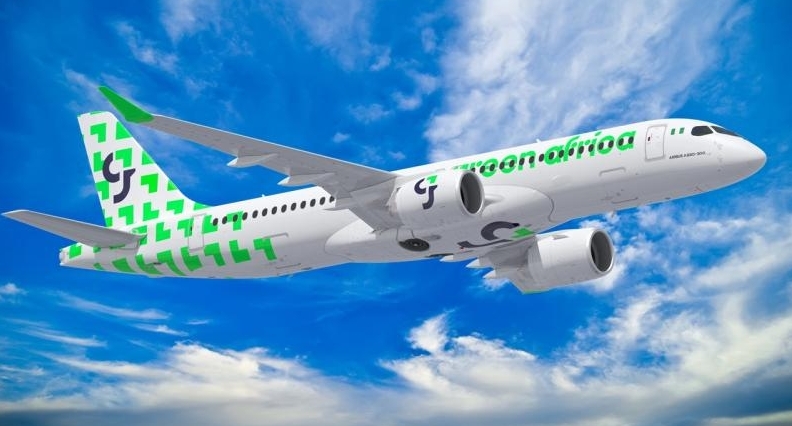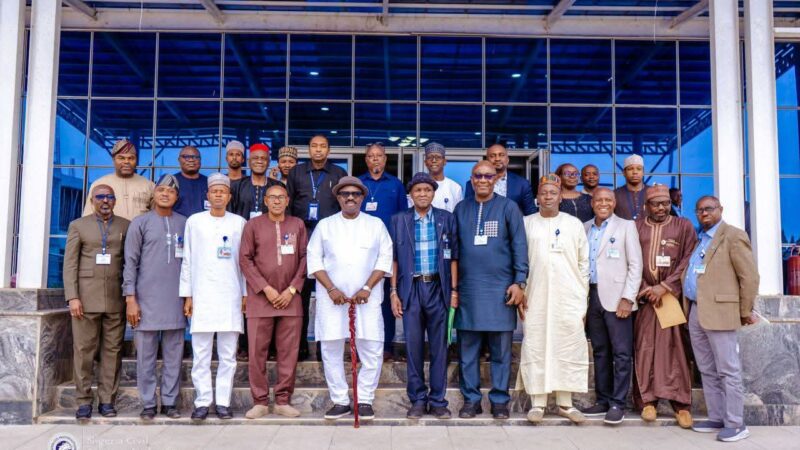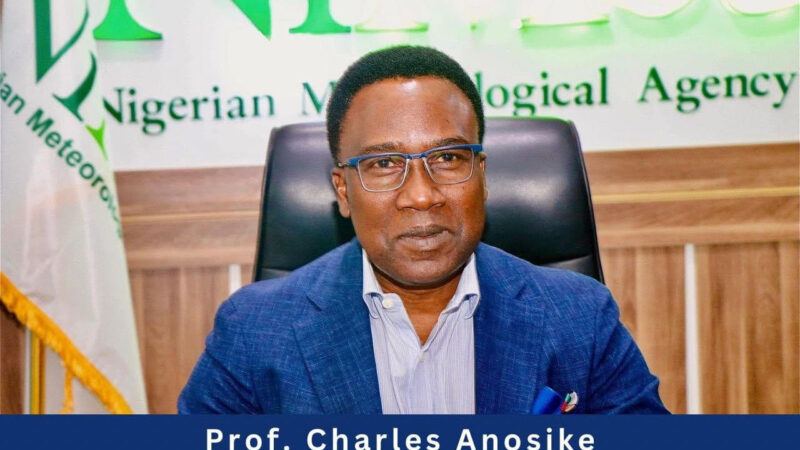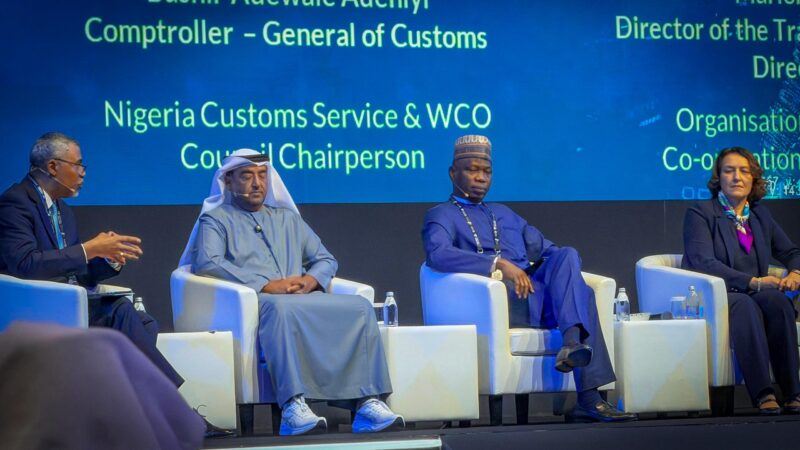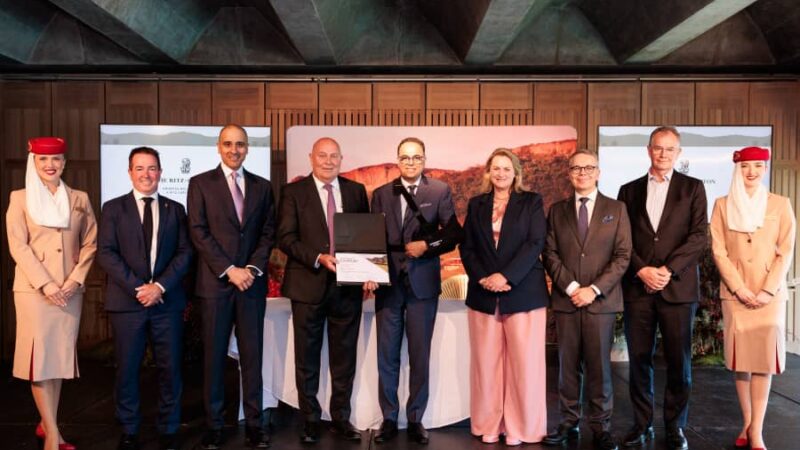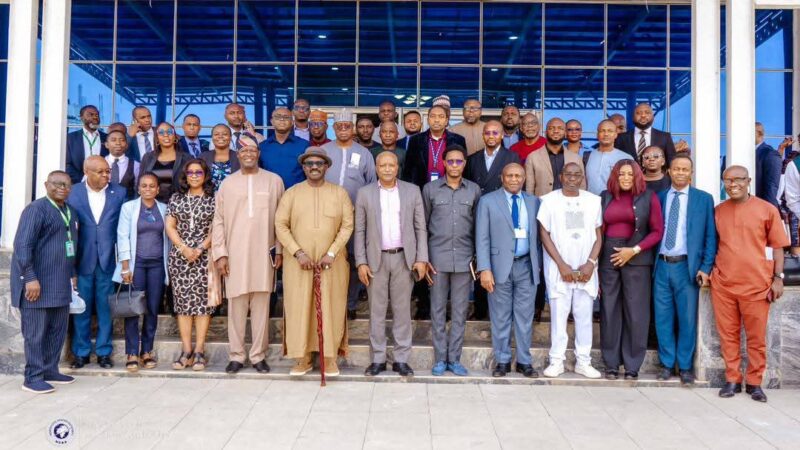Nigeria to Unlock N130 Trillion Trade Potential With Integrated Transport Systems – Experts
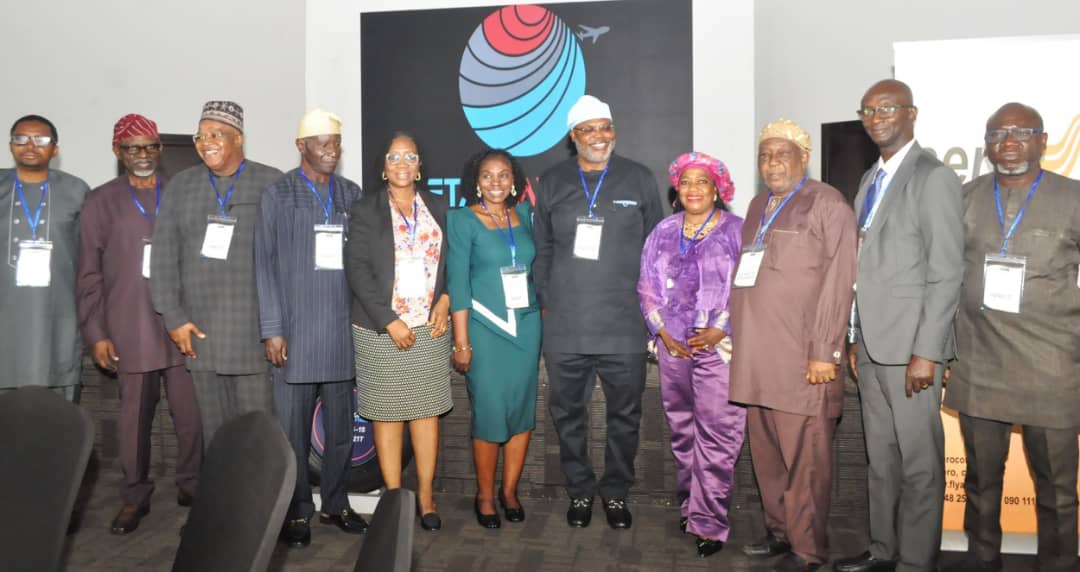
Stakeholders at the 2025 Nigeria Transport Infrastructure Summit have declared that Nigeria has the capacity to unlock over N130 trillion in annual trade value if the nation commits to building an integrated, multimodal and innovation-driven transport system that matches global standards.
The Summit, with the theme “Nigeria’s Transport Infrastructure: Innovation for a Sustainable Future”, held at the Providence Hotel, Ikeja GRA, Lagos, brought together key players from the road, maritime, aviation, and rail sub-sectors, as well as academics and private sector innovators.
Convener of the Summit and Transport Infrastructure Advocate, Mrs Pearl Ngwama, said Nigeria already has a bold economic base evidenced by the N130.75 trillion maritime trade recorded in 2024, a 91% jump from 2023.
She added that the Aviation sector alone injected N215.6 billion into the nation’s GDP, while rail passenger and freight numbers in 2025 have also seen sharp increases.
“These numbers tell us we have momentum and potential – but also work to do,” she said.
Ngwama stressed that Nigeria’s location, demographics, and resources give the nation a rare opportunity to become a logistics nerve centre for West and Central Africa – if transport systems are integrated.
“We only have to look around the world to see how advanced nations are built on multimodal transport systems. These systems facilitate trade, improve productivity, reduce costs and drive innovation,” she noted.
Ngwama further linked Nigeria’s youth migration wave, popularly called the Japa Syndrome, to poor infrastructure which hinders productivity and job creation.
“Our young people leave in search of better prospects abroad because we have not created enabling systems at home. If we build world-class infrastructure that supports jobs and innovation, our talents will stay and thrive here,” she said.
She called for long-term transport planning beyond “quick fixes and stop-gap solutions”, noting that the Renewed Hope Agenda provides an opportunity to build enduring networks.
Summit Chairman and Managing Director of Primero Transport Services, Mr Fola Tinubu, said sustainable transport in Nigeria “must be innovation-led”.
“Transportation is not just about moving people or goods; it is about connecting lives, driving trade, and fuelling development,” Tinubu asserted.
He said the future of transport is already here globally – from electric buses to intelligent traffic management – and Nigeria must embrace technology for efficiency and sustainability.
“We have the talent and creativity to do the same in Nigeria. What we need is collaboration,” he said, calling for reinforced private sector partnerships and stronger synergy with the government.
Delivering a keynote lecture titled “The Future of Transportation in Nigeria: Trends, Challenges, Opportunities and the Way Forward”, Professor Bamidele A. Badejo, LASU, said the country must stop depending almost exclusively on roads.
“Nigeria relies on roads for more than 90% of passenger and freight movement – and this is choking the economy,” he said.
He described transport as the lifeline of a nation, adding:
“Transportation is life, nurtures life, and keeps life going. Without it, everything becomes stunted.”
Badejo called for an urgent shift to multimodal integration – road, rail, air, and water – to boost connectivity, cut transportation cost, and reduce environmental burden.
He identified poor planning, fragmented regulation, policy inconsistency, and underfunding as the biggest obstacles to transport development in Nigeria.
However, he said the country can leapfrog old systems – just as it did in mobile technology – and adopt data-driven logistics, clean energy mobility, and smart transport solutions.
“The future will not just happen; we must build it deliberately,” he said.
Across all presentations, one theme stood out: Transport is the bloodstream of Nigeria’s economy.
When it flows freely, agriculture, trade, manufacturing, banking, mining, and services flourish.
When it is blocked or inefficient, growth is suffocated.
The Summit concluded that Nigeria’s massive trade capacity – already at N130 trillion levels – can multiply if the country builds a modern, integrated, technology-backed transport system that keeps people and goods moving efficiently.
And to achieve that, Nigeria must replace short-term solutions with long-term planning, stronger collaboration, and policy continuity that survives election cycles.


